Category: Artificial Intelligence
-
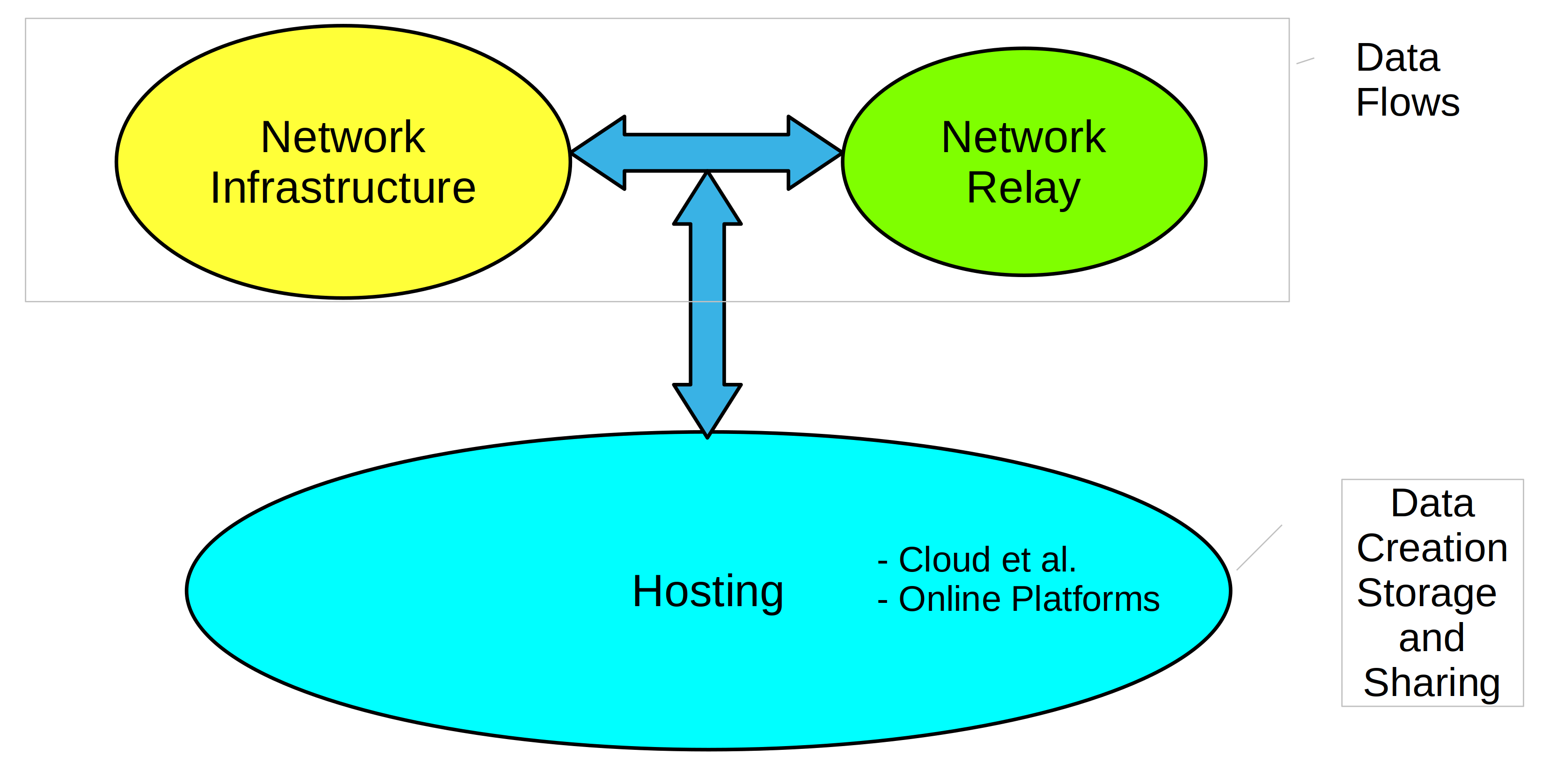
Regulating Digital Platforms – III
Digital platforms are a particular case of the broader platform category and thus have distinct characteristics. At the same time, they come in different forms and shapes. Putting them into a single box is not easy. Indeed, the devil is in the details. That is undoubtedly a challenge for policymakers and regulators. But before taking…
-
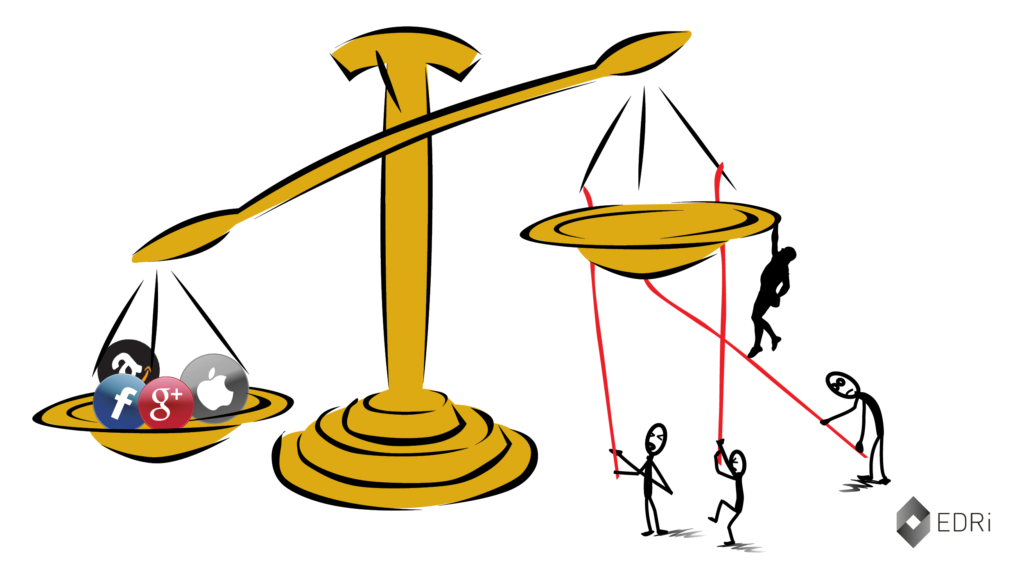
Regulating Digital Platforms – II
As suggested in the first part of this post, not all platforms are digital. In fact, analog platforms are the older siblings. Its digital counterparts are undoubtedly distinct, their calling card usually being their multisided nature—operating in more than one two-sided market. However, analog multisided platforms have also existed for a long time . And,…
-
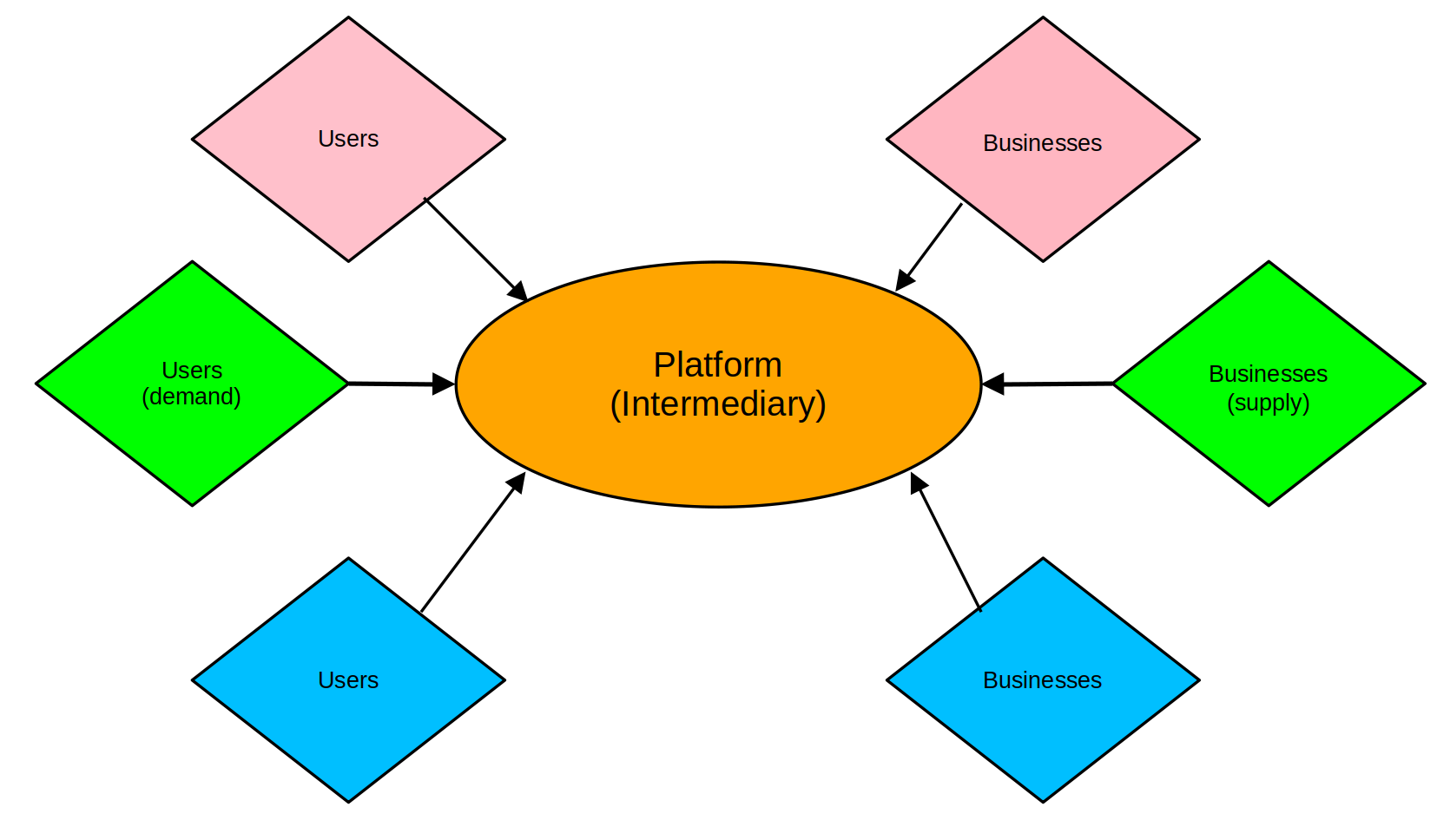
Regulating Digital Platforms – I
By all accounts, the regulatory tide, constantly receding for so many years, is finally returning to the digital realm’s now extensive and arid shores . Indeed, digital platforms are now under the policy microscope, especially the well-known global giants whose names I do not need to echo here. These behemoths are carrying the day with…
-
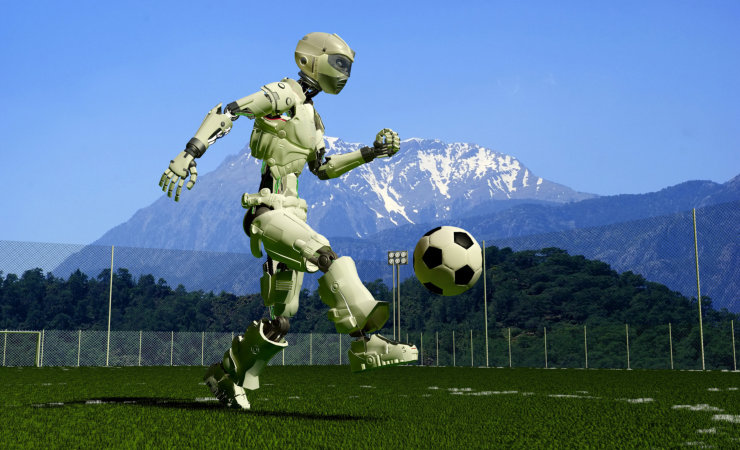
AI Disinformation – II
AI’s astounding evolution over the last decade has been nothing short of spectacular, pace doomers. It has undoubtedly exceeded most expectations, bringing numerous benefits and generating new challenges and risks. The latter is crucial to understand, as AI has a bipolar personality. It is indeed friend and foe. It all depends on how humans (ab)use…
-

AI Disinformation – I
The idea of a technological singularity has been around for over 60 years. While initially confined to closed circles of experts, it has been gaining ground in the race to the future, which, according to its core tenets, will be devastating for us, poor dumb humans. I probably first heard about it in the early…
-
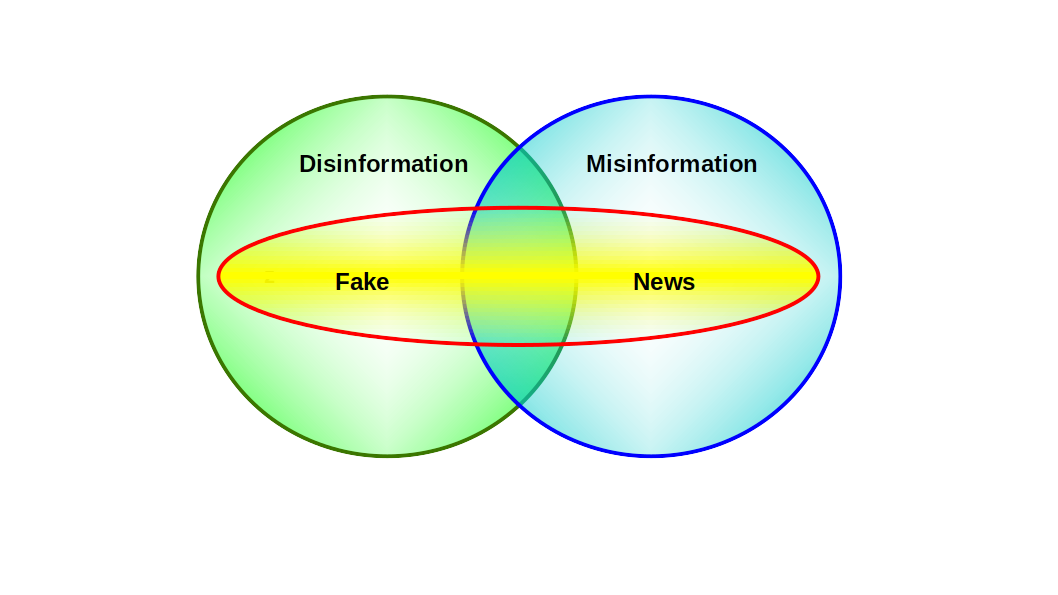
Disinformation Misinformation
The rainy season had already begun, but, as usual, it did not provide any relief from that sweltering heat that never abandoned the small rural town. It was a regular Thursday morning, and Cesar planned to head back to the farm riding his mule, always carrying his shotgun. One never knows what might happen along…
-
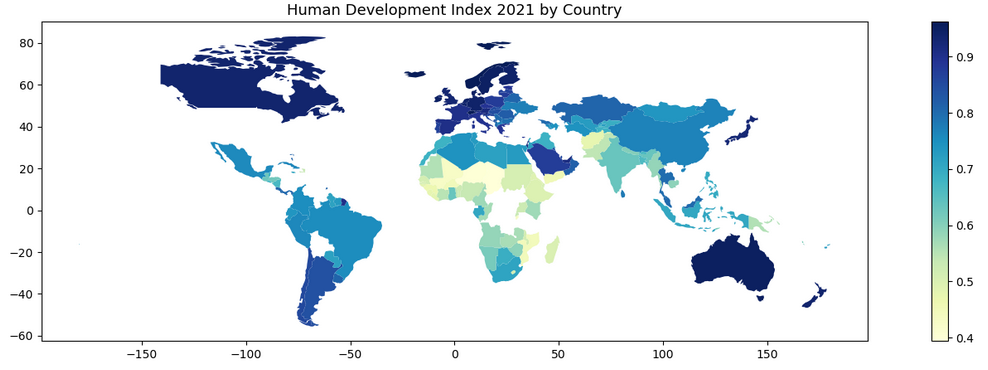
Data Analysis with ChatGPT
A few days ago, OpenAI launched its Code Interpreter, capable of handling Python programming chores. The interpreter can read files uploaded by users, perform tasks described in the input prompts and, if requested, allow downloads of outputs produced. One can also see the code the platform, uses and download for local replication and improvement. Files…
-

Are LLMs Fully Multilingual?
When I started playing with ChatGPT in December of last year, I was pleasantly surprised to discover that it could handle multiple languages. Needless to say, the LLM can handle translation from and into numerous languages. But it can also take non-English prompts and provide responses in the original query language. A recent test comparing…
-
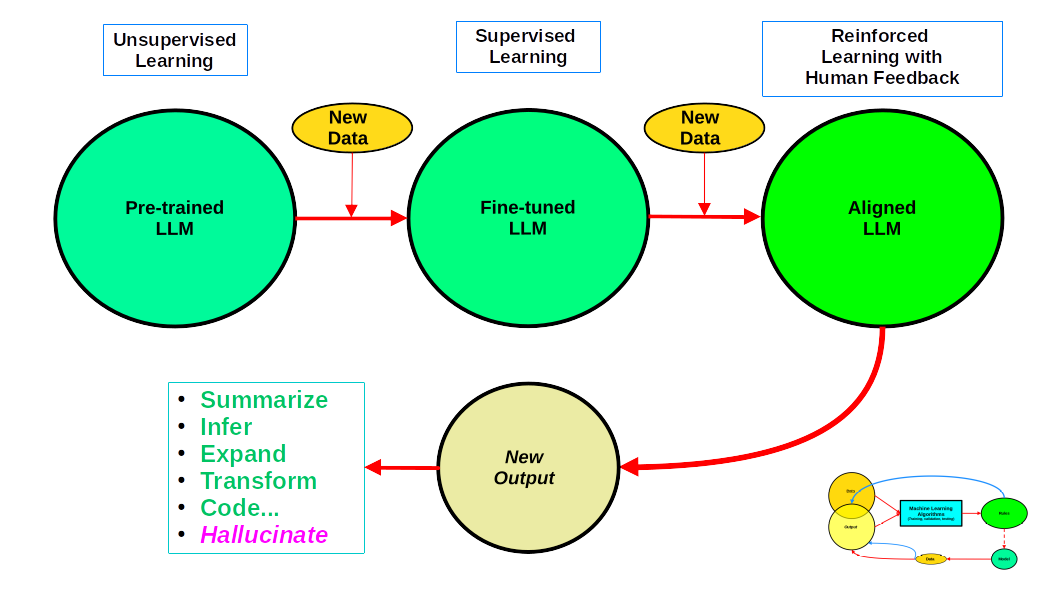
More on AI Programming
In the coldhearted realm of disinformation, deepfakes seem to reign supreme, bullying all others around along the way. The fact that they have multiple personalities makes them even more insidious. Voice, text, images, and video content are among the most common, with combinations among them a frequent occurrence. Lip-syncing the voice of a targeted person…
-

AI and Open Source – II
Linux Freedom I first heard about Linux a couple of months after returning from the 1992 UN Earth Summit in Rio de Janeiro. I was working part-time as a Research Associate at one of my college’s social research centers while doing consulting on my own, which led to the Rio trip. The academic job guaranteed…
-
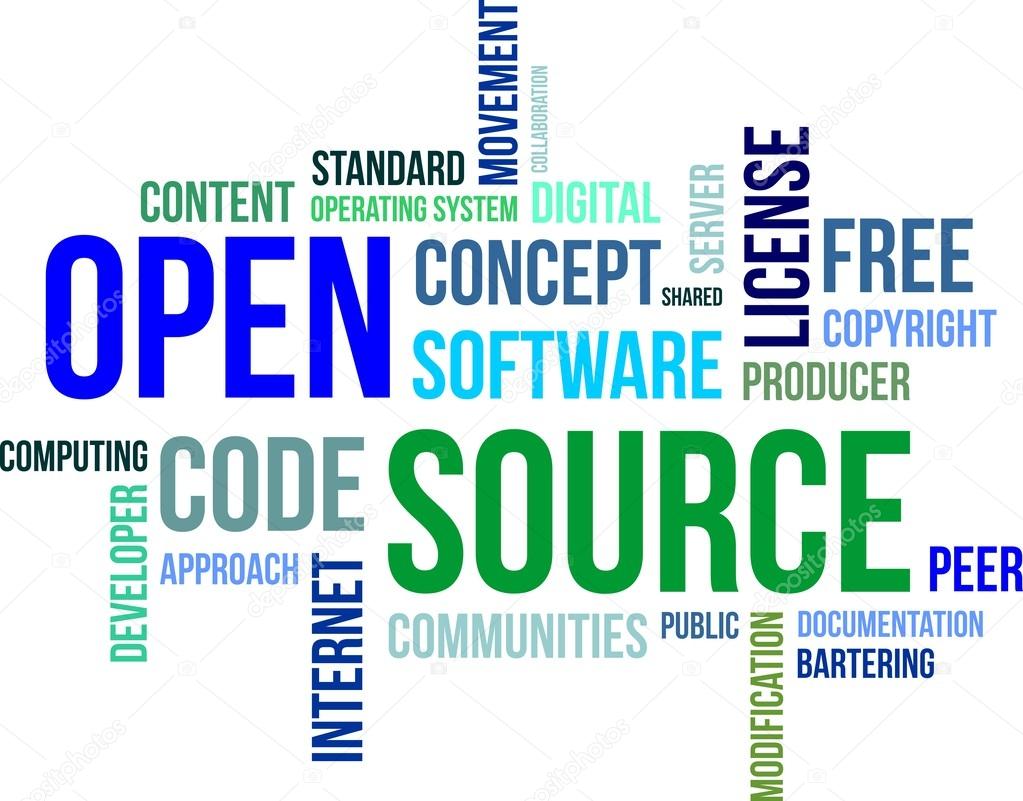
AI and Open Source – I
By all accounts, the ChatGPT “revolution” has triggered a well-deserved resurgence of Free/Open Source software (FOSS) that, some argue, will allegedly challenge the dominance of Big Tech over LLMs. While I disagree with such a prediction, I think FOSS can still play a vital role, as it did over 20 years ago, when facing the…
-

ChatGPT Productivity and Hallucinations Mix
Undoubtedly, ChatGPT has taken the world by storm. Few will dare deny such a non-violent takeover. And, as expected, the now familiar digital innovation hype factory is holding yet another massive and seemingly endless ball, including reluctant doomsayers. OpenAI’s March ChatGPT API release added fuel to the hype bonfire by opening the door for developers…
-
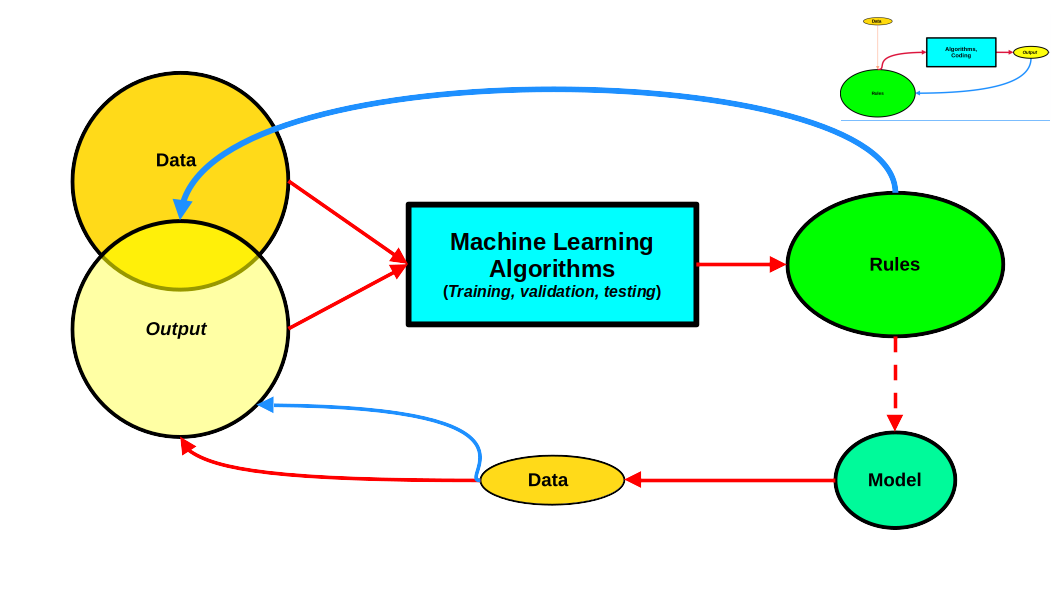
Programming – Yesterday, Today and Tomorrow (maybe) – II
Today Expert systems, an integral part of AI, are one of the best examples of rules-based programming. The core idea is to have a computer system that can provide the same depth of knowledge as top-notch human experts on a field-by-field basis. In theory, I should be able to build one of those beasts for…
-
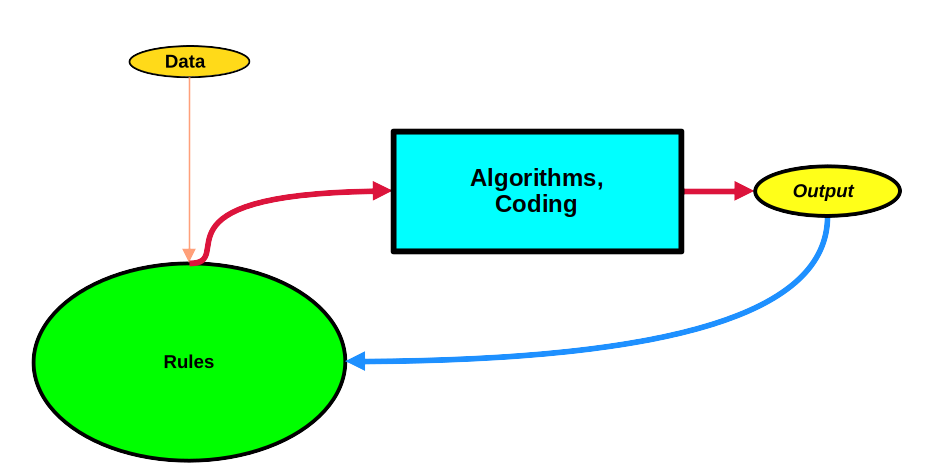
Programming – Yesterday, Today and Tomorrow (maybe) – I
Yesterday I accidentally learned how to master computer programming. I was finishing high school and faced the daunting decision of choosing a study field. As my father was an engineer, I leaned toward the same area. However, my passion for music dominated my then-minimalistic environment. I was thus more inclined to go for electronic engineering—not…
-
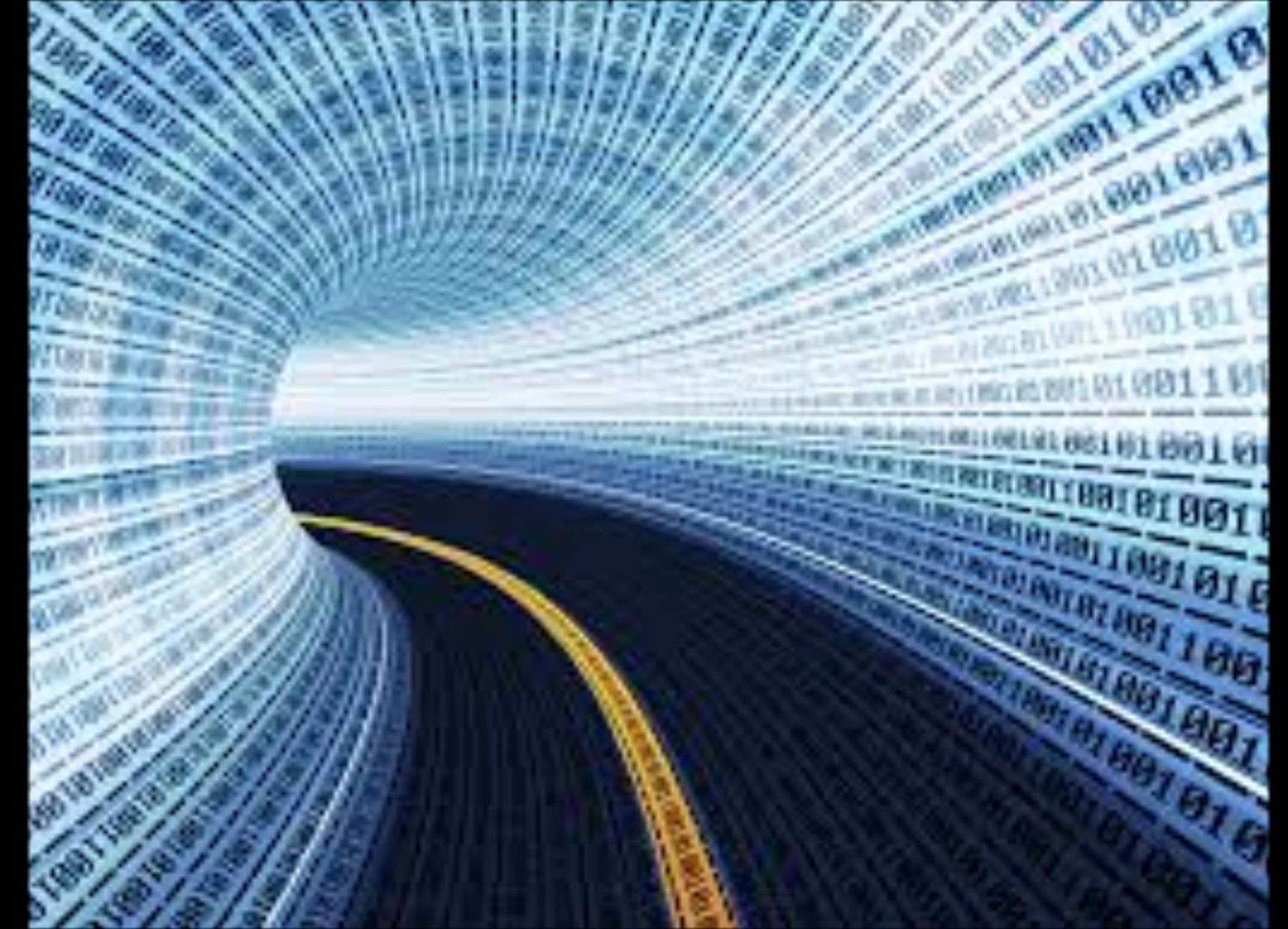
The Real Structures Sustaining the Cyberspace Imaginary – II
History Matters Following the historical evolution of the Internet and Cyberspace sheds light on the origins of the “superhighway” and “virtual” metaphors, depicted in the first part of this post. Useful summaries from a pure infrastructural perspective are available from the NFS and UCSD, the latter furnishing cool schematic diagrams of the overall network architecture.…